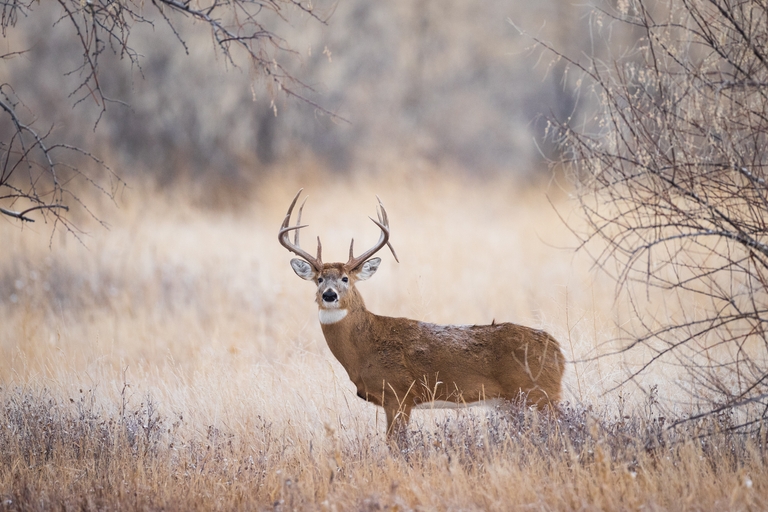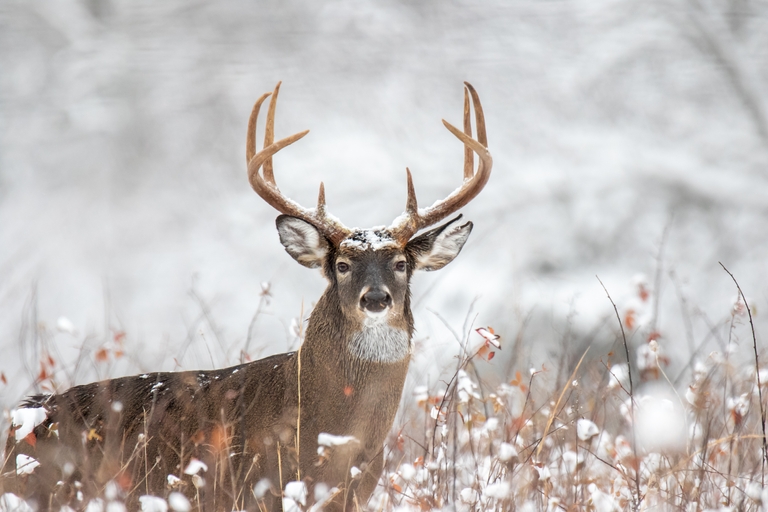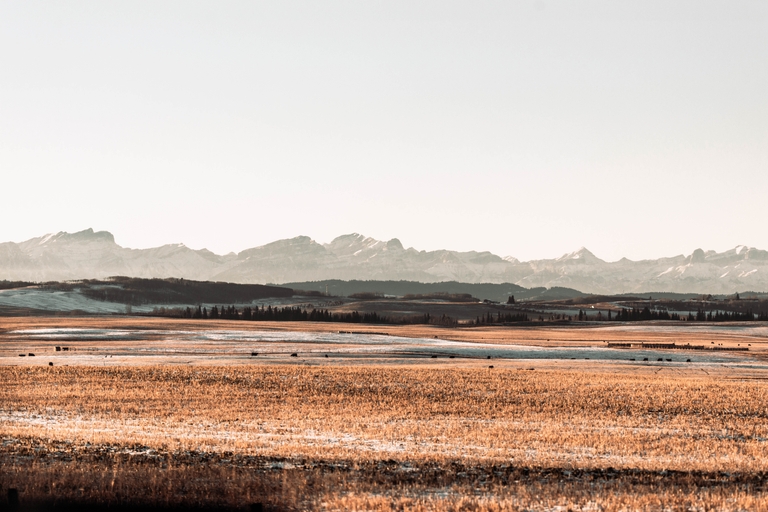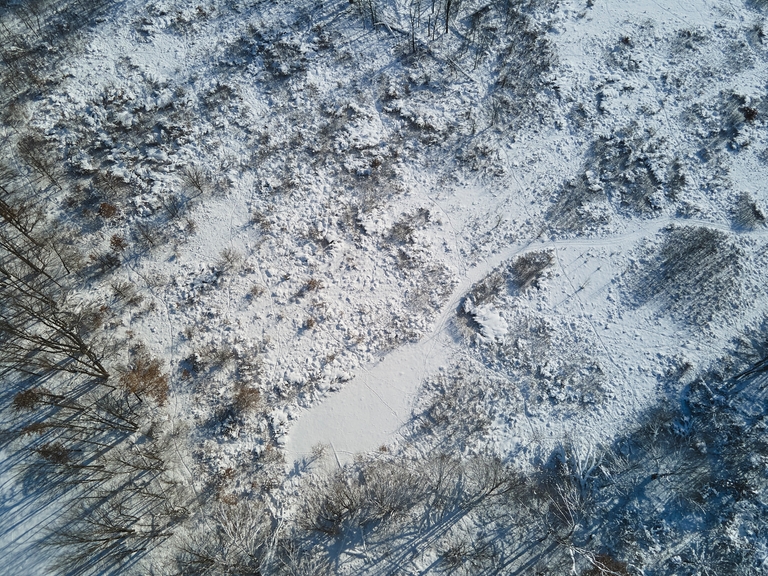When Hunting Mistakes Happen: What Should Theresa Vail Have Done?
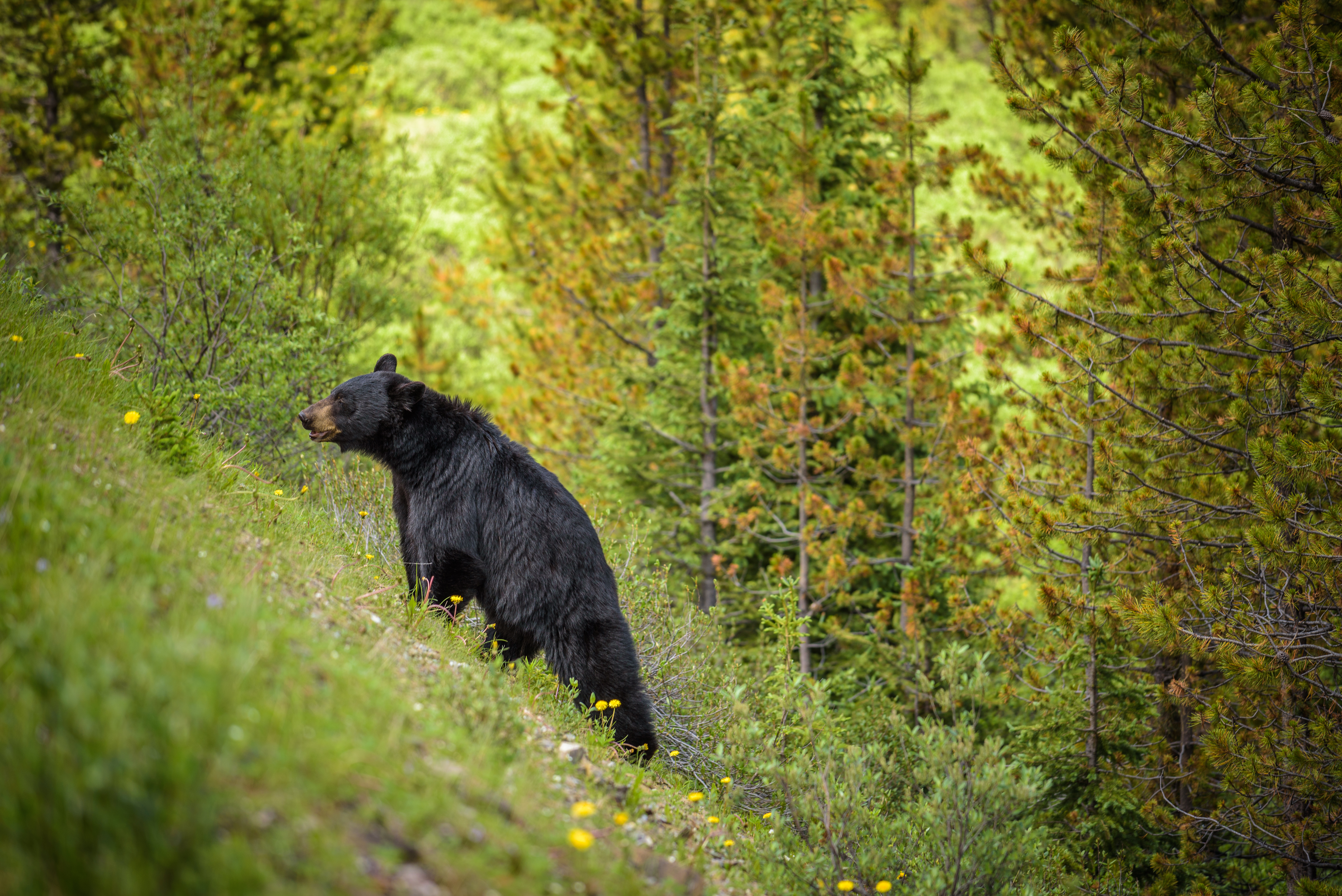
Today, we share a story about a high-profile outdoor woman who made a mistake during a hunt. However, instead of handling it responsibly, she covered up the incident in an effort to avoid penalties.
When hunting, mistakes will (and do) happen. It can be challenging to identify wild game accurately during the intensity of a hunt – especially if you've been waiting in a blind or tree stand for hours and you're ready to get that trophy. If you shoot something that doesn't match your tag, that's a mistake.
So, when mistakes happen (because even with the best intentions, every hunter likely has a story about a mistake they've made in the field), it's important to handle the situation appropriately and legally. Hunting regulations are in place for a reason, and all hunters must abide by those rules.
As you read the story of Theresa Vail, you may remember when this incident happened years ago. Keep reading to learn more about what happened, how she responded, and what she should have done (and what you should do) in the situation.
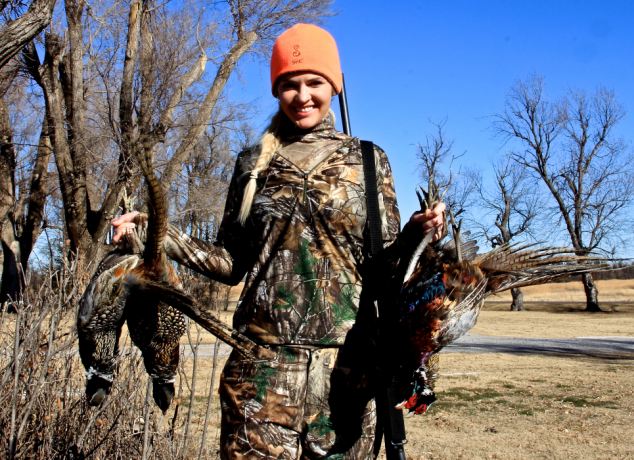
Theresa Vail and Her Hunting Mistake
Theresa Vail, former star of the Outdoor Channel show "Limitless With Theresa Vail," accidentally shot a bear while hunting in Alaska. She then conspired with her Alaska guides to cover it up by improperly tagging the animal, according to Alaska State Troopers.
Vail was charged with two misdemeanor offenses. They were:
- Taking a brown or grizzly bear without a tag
- Second-degree unsworn falsification.
According to the Alaska Dispatch News, her guides were also charged with failing to report a hunting violation and committing, aiding, or allowing a violation. At the time, the newspaper reported that one of the guides was also charged with second-degree unsworn falsification.
Vail's Admission
On Facebook, Vail wrote: "This May, during an Alaskan guided bear hunt, I unintentionally harvested a second bear while attempting a follow-up shot. I then followed poor advice and allowed the second bear to be improperly tagged. A few days later, the film crew and I reported the incident and have since fully cooperated with the proper authorities. I am deeply sorry for my mistakes."
According to show producers, the hunt never aired on the Outdoor Channel.
What Should You Do In a Similar Situation?
Vail's case has brought game tagging and proper reporting to the forefront. What should you do in a similar situation? Here's what our experts at Hunter-Ed advise.
Always Be Certain of Your Target
First, you should always be sure of your target, which can help avoid an accidental kill in the first place. Remember, you should only shoot when you know the target is legal and you have a safe backdrop, with no people, animals, or buildings in the zone of fire.
Accidents do happen, however. So what is your next step?
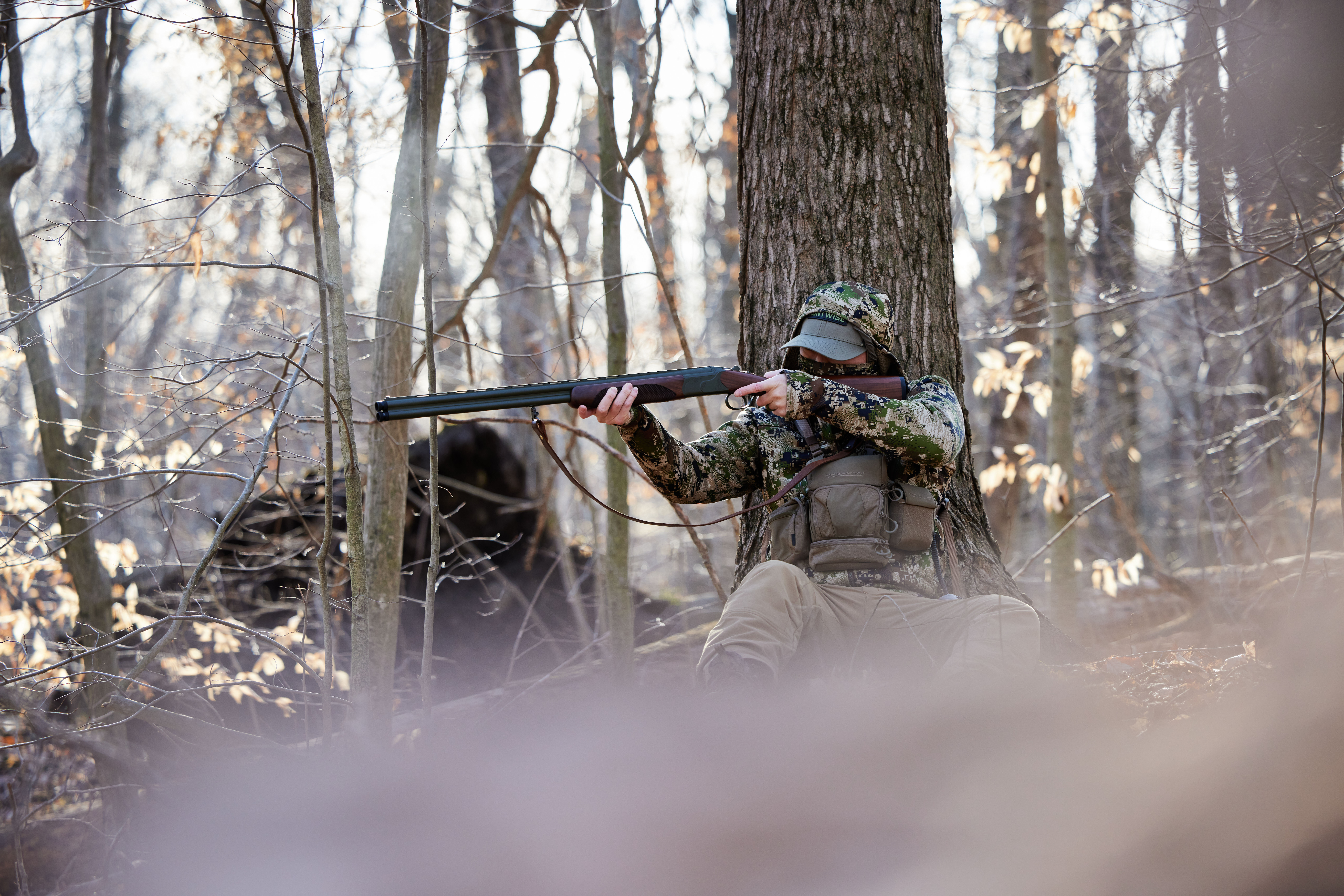
Report All Violations Right Away (Even Accidents)
Ethical hunters report game violations and abide by game laws and regulations.
Under Alaska state hunting regulations, no hunter may harvest game without previously having the appropriate license and tags, permits, or harvest tickets for that hunt.
Out-of-state hunters like Vail must purchase a locking tag when hunting big game, such as grizzlies, in Alaska. This type of tag is locked onto the animal immediately after a kill and must remain there until the animal is processed or exported. A tag needs to include the date of the kill and can only be used by the hunter who bought it.
How Theresa Vail Reported the Kill
In Vail's case, one of her guides contacted someone to buy a grizzly tag and flew it by plane out to the hunt site, where the bear was tagged. Later, Vail signed the tag and back-dated it to make it appear that it had been purchased the day the bears were killed.
However, Vail's film crew had the second shooting on camera.
The Alaska Dispatch News reported that the Alaska State Troopers released a dispatch about the incident:
"(I)nvestigation showed that Theresa Vail had taken a brown/grizzly bear without a tag, and that registered guide (Michael "Wade") Renfro obtained a locking-tag under false pretense and then falsified paperwork to support and claim that the animal was taken lawfully. Guide (Joseph Andrew) Miller and client Vail were accomplices to these actions."
What Hunter Education Teaches

The Alaska Hunter-Ed course teaches:
"It is the responsibility of an ethical hunter to report any infraction that he or she observes, including his or her own. The penalties for self-reported violations are often less than if the person tried to hide the violation and was later discovered by authorities. Hunters who report errors will have peace of mind that they are honest and acted responsibly, even if no one observed their violation."
So, even though Theresa made a mistake, reporting it properly would have been the right response and could have reduced the penalties for her and her guides.
What Happened Next?
Vail's violation was brought to authorities' attention on June 3, after the hunt that took place from May 18 to 27, according to the Alaska Dispatch News. While it is good that Vail and her film crew were honest about the situation eventually, a better approach would have been to tell authorities immediately after the accident.
Learn to Do the Right Thing With Hunter Education
Knowing what to do in different situations in the field can be difficult. However, not knowing the right course of action – or choosing to do the wrong thing – can lead to significant consequences.
Hunting regulations are in place to protect hunters and our wildlife. So, if you're not sure about critical regulations, how to report your kills, or other crucial tips for hunting safely, it's time for a hunter education course!
Hunter-Ed wants everyone to return home safely from every hunt. We also want each hunter to understand how to be a responsible hunter and what to do if something doesn't go quite as planned. Before your next hunt, make sure you're prepared. Find the course for your state and start learning – then don't make a mistake like Theresa did!
Originally published December 9, 2015. Content updated December 20, 2022.
Image of Theresa Vail from Facebook

